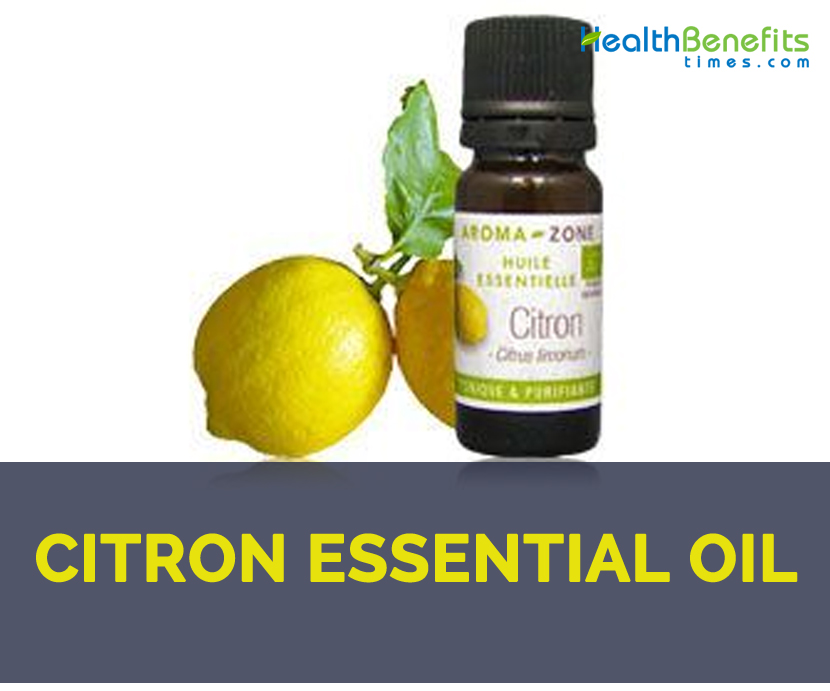| Citron Essentia oil Quick Facts | |
|---|---|
| Name: | Citron Essentia oil |
| Scientific Name: | Citrus medica |
| Origin | Sicily |
This sunny citrus is cold-pressed from the peel of the Sicilian citron fruit – a large, ancient citrus with a thick, fragrant peel. Oils from Citrus fruits are all obtained from the peel through expression. Some time back, the oils were extracted by manually pressing the nuts into sponges that absorb and captured the oil. Presently, this process is more mechanized. However, once extracted, the oil is subject to no more processing than filtering. Because of this, Citron Oils are some of the most unprocessed essential oils.
This completely unique citrus essence is an original heirloom variety. Also known as esrog and etrog, this rind rich peel has been used since ancient times to uplift the spirit, ease ailments and punctuate perfumes with its jovial, tenacious top-notes. We love to diffuse the oil to bolster gleeful spaces and inhale it to inspire cheerful faces.
Citron oil is sweet, refreshing and well received by many people. They have a general uplifting character that livens the mood and lifts spirits. They are used in aromatherapy and insect repellents.
Traditional uses and benefits of Citron Essential oil
- The fragrant citron essential oil has been use for centuries to treat a variety of common bacterial ailments because citron is fiercely antibacterial.
- The essential oil of the peel is regarded as an antibiotic.
Other Facts
- It is used as a fragrance component in soaps, cosmetics, toilet water, perfumes and by the food industry.
Precautions
- For external use only.
- Keep away from children & pets.
- Avoid eyes & mucous membranes.
- If pregnant, consult doctor.
- Highly concentrated – always dilute with a carrier oil when using on skin.
Citron Essential oil Facts
Citron essential oil is extracted from the thick, fragrant peel of the Sicilian citron fruit. Once extracted, the oil is subject to no more processing than filtering. Because of this, Citron Oils are some of the most unprocessed essential oils. The oil obtained is very sweet, refreshing and well received by many people. They have a general uplifting character that livens the mood and lifts spirits. They are used in aromatherapy and insect repellents.
| Name | Citron essential oil |
|---|---|
| Scientific Name | Citrus medica |
| Native | Sicily |
| Plant Growth Habit | slow-growing shrub |
| Plant Size | About 8 to 15 ft (2 to 5 m). |
| Leaf | Green and lemon-scented with slightly serrate edges, ovate-lanceolate or ovate elliptic 2.5 to 7.0 inches long. Petioles are usually wingless or with minor wings |
| Flavor/Aroma | Delicate, fresh, sweet lemon-lime like bouquet with a fine floral undertone |
| Method of Extraction | Cold-pressed |
| Plant Part used | Peel of citron fruit |
| Commonly Blended with |
|
| Traditional Medicinal uses |
|
| Precautions |
|
| Other Facts |
|
References:
http://www.alchemy-works.com/essential_oils_citron.html
Comments
comments
